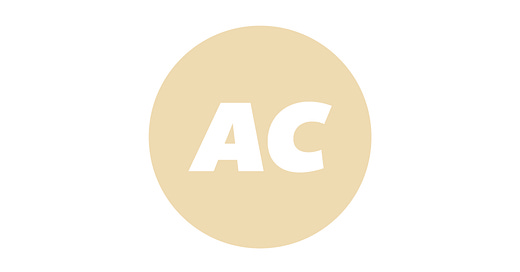Governments must reverse decision to sacrifice the poor on the economic altar
National Cabinet's decision to abandon public health measures to appease the business lobby will kill the poorest
On the anniversary of last year's slash to unemployment payments, the government has dealt people living in poverty another violent blow as we face our greatest COVID threat to date.
The Antipoverty Centre calls up on National Cabinet to protect those of us most likely to die from this disease:
Return social security payments to above the poverty line and remove ‘mutual’ obligations requirements so that people are not forced to leave home. unnecessarily.
Expand the availability of vaccination and PCR testing and provide free rapid antigen tests to anyone who needs them.
Reintroduce health-driven test, trace, quarantine and isolate measures and work with public health and community groups to develop measures that will enable us to live more safely with COVID by reducing transmission.
Changes to test, trace, isolate and quarantine measures adopted by all states and territories yesterday will increase pressure on our hospital systems and will see the poorest in society suffer and die at higher rates than the rest of the community.
The Morrison government’s deliberate and destructive decisions, enabled by the states, are callously throwing First Nations, disabled, elderly, immunocompromised and poor people under the bus for the sake of “the economy”.
It is obvious the changes were not made in the interest of public health. Our governments have made the decision to abandon us in favour of serving business and industry lobby groups.1
This is being done under cover of the false narrative that Omicron is a “mild” COVID variant. This ignores its highly transmissible nature, which will fuel more cases for essential and low paid workers, in turn leading to higher caseloads and hospitalisations.2 We are already seeing the effects of our overburdened healthcare systems in the NSW government’s attempts to ration care.3
The lack of freely available rapid antigen tests threaten the safety of everyone living on criminally low social security payments and those we interact with. Coupled with inadequate access to PCR tests it is a blatant act of social murder.
Quotes attributable to Jay Coonan of the Antipoverty Centre:
“In contrast to 2020, it’s hard not to feel that the government takes sadistic pleasure in hurting us based on their decisions over the past 12 months.
“National Cabinet’s heartless decisions mean poor people will die at even higher rates than we did last year.
“It’s clear their intention is to grow the economy on the backs of healthy people in paid work, while the sick, old, disabled and poor are laid to waste as collateral damage – this is eugenics through and through.
“During soaring cases and rolling lockdowns in 2021 those without paid work were excluded from any financial support.
“People in the lowest paid jobs were confronted with the choice to starve or go to work and risk their own and their loved ones’ health. The results spoke for themselves: people in the poorest parts of the country were nearly 4 times more likely to die of COVID than those in wealthy areas.4
“With the complete rejection of public health measures to help keep the virus at bay, our governments have unanimously decided that business and industry lobby groups concerns are more important than our lives.
”This is nothing short of a eugenics policy. They have decided that disabled, elderly and immunocompromised people’s lives are inefficient, and therefore not worth saving.
“Recent changes to workfare policies that force unemployed workers into brutal and pointless activities alongside criminally low social security payments mean that the poorest people in society are being forced to suffer at the coalface of this pandemic.
“There are 482,000 disabled people forced into employment services5 who have been exluded from the Disability Support Pensionand and are therefore subjected to mutual obligations and forced into unsafe work environments.”
Contact: 0403 429 414 / media at antipovertycentre.org
Sign up to receive updates from the Antipoverty Centre in your inbox as soon as they are published, or you can follow our work on Twitter, Facebook and YouTube.




